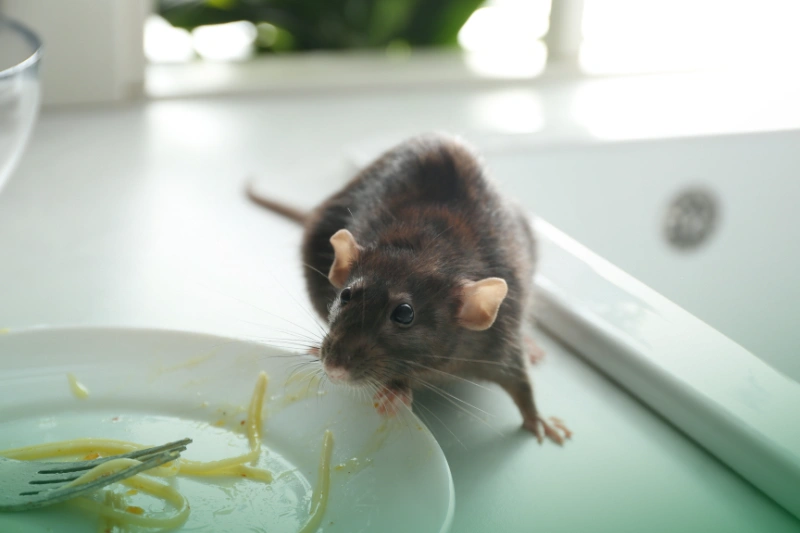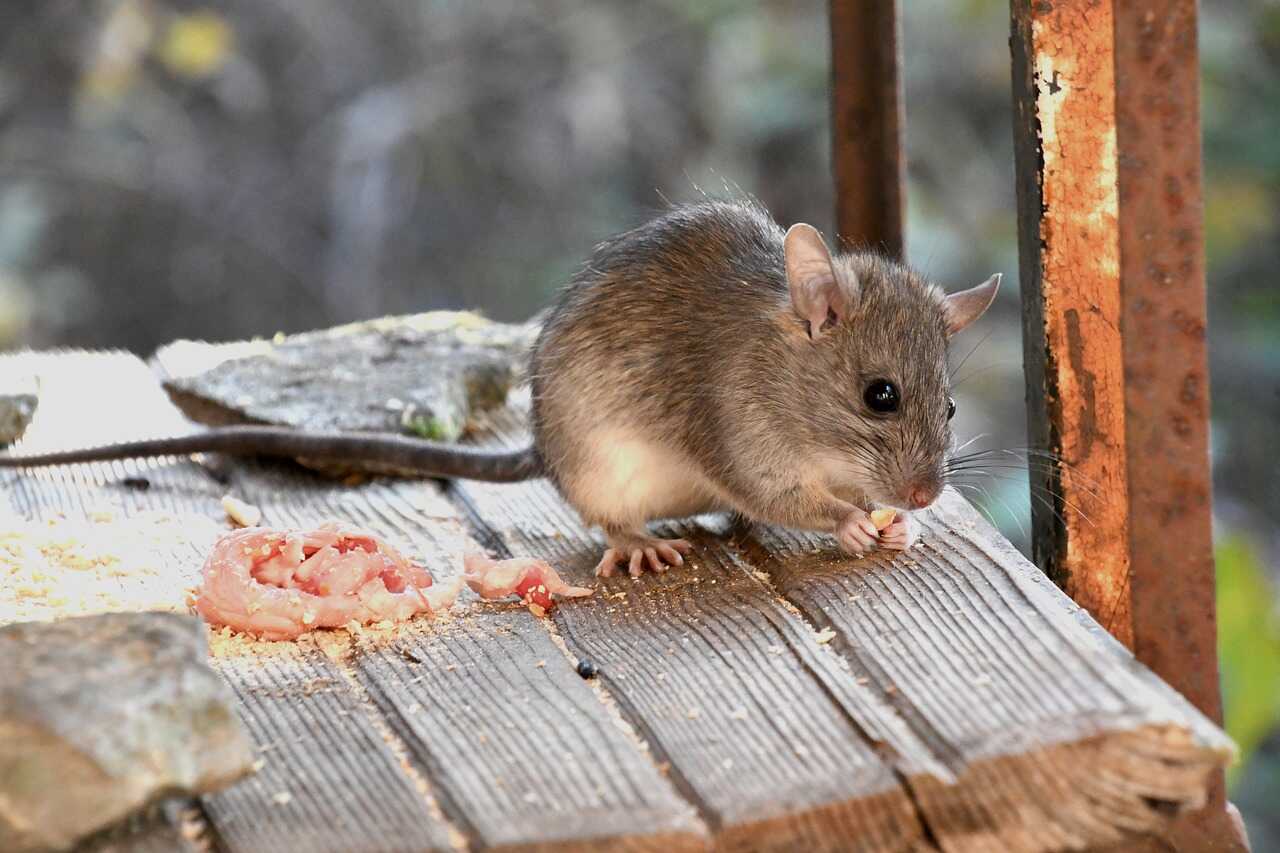Maintaining a community garden can be an immensely rewarding experience, offering fresh produce, a sense of community, and an opportunity to connect with nature. However, one of the most common challenges faced by gardeners is dealing with unwanted pests, particularly rodents. Effective community garden rodent prevention is crucial to protect your plants and ensure a bountiful harvest.
In this article, we will explore various strategies and tips that can help you keep rodents at bay in your community garden. Whether you're a seasoned gardener or a beginner, these insights will be invaluable in maintaining a healthy and thriving garden.

Understanding the Threat of Rodents in Community Gardens
Rodents, such as mice and rats, are notorious for wreaking havoc in gardens. They are attracted to the abundance of food and shelter that gardens provide. Understanding the threat they pose is the first step in implementing effective rodent prevention measures.
Rodents can cause significant damage to plants by eating seeds, roots, and foliage. They also carry diseases that can be transmitted to humans and other animals, making their presence in a garden a health concern. It's important to recognize the signs of rodent activity, such as droppings, gnaw marks, and burrows, to take timely action.
Identifying Common Rodent Species in Gardens
Before delving into prevention strategies, it's essential to identify the types of rodents that are commonly found in community gardens. This knowledge will help tailor your prevention efforts to the specific challenges posed by each species.
- House Mice: These small rodents are highly adaptable and can thrive in a variety of environments. They are known for their ability to squeeze through tiny openings, making them particularly challenging to keep out of gardens.
- Norway Rats: Larger than mice, Norway rats are excellent burrowers and are often found near water sources. They can cause extensive damage to garden beds and structures.
Implementing Physical Barriers and Deterrents
One of the most effective ways to prevent rodent infestations in your community garden is by implementing physical barriers and deterrents. These methods create a hostile environment for rodents, making it difficult for them to access your plants.
Fencing and Netting
Installing a sturdy fence around your garden is an excellent first line of defense against rodents. Choose a fence that is at least 12 inches deep into the ground to prevent burrowing. Additionally, using fine mesh netting over plants can protect them from above-ground threats.
For more detailed information on fencing and netting, check out this guide on rodent prevention.
Natural Repellents and Traps
Natural repellents, such as peppermint oil and cedar chips, can be effective in deterring rodents. These substances are safe for plants and the environment while providing an additional layer of protection. Placing traps strategically around your garden can also help control rodent populations.
For insights into natural repellents, refer to this comparison of cedar oil repellents.
Maintaining a Clean and Tidy Garden
Rodents are attracted to gardens that offer easy access to food and shelter. By maintaining a clean and tidy garden, you can reduce the likelihood of attracting these pests.
Proper Waste Management
Ensure that compost piles are well-managed and located away from garden beds. Use secure containers to store garden tools and supplies, and regularly remove fallen fruit and vegetables to minimize food sources for rodents.
Learn more about effective waste management techniques in warehouse mouse prevention.
Regular Garden Maintenance
Regularly inspect your garden for signs of rodent activity and promptly address any issues. Trim overgrown vegetation and remove debris to eliminate potential hiding spots for rodents.
Community Involvement and Collaboration
Community gardens thrive on collaboration and shared responsibilities. Engaging with fellow gardeners to implement rodent prevention strategies can make a significant difference in the overall success of your garden.
Organizing Workshops and Education Sessions
Consider organizing workshops and education sessions to raise awareness about the importance of rodent prevention. Sharing knowledge and experiences can empower the entire community to take proactive measures.
For more ideas on community involvement, explore this guide on repellent plants.
Creating a Rodent Prevention Task Force
Establishing a dedicated group of volunteers to monitor and maintain rodent prevention efforts can be highly effective. This task force can conduct regular inspections, implement deterrent measures, and report any issues promptly.
Utilizing Professional Pest Control Services
If rodent problems persist despite your best efforts, it may be time to seek professional assistance. Pest control experts can provide tailored solutions to address specific challenges in your community garden.
For professional advice on pest control, visit this guide on getting rid of mice.
Choosing the Right Pest Control Partner
When selecting a pest control service, look for companies with experience in dealing with garden pests. Discuss your concerns and objectives with them to ensure they understand the unique needs of your community garden.
Conclusion
Successfully preventing rodents in your community garden requires a combination of strategies, including physical barriers, natural repellents, and community involvement. By staying vigilant and proactive, you can protect your plants and enjoy a thriving garden. Remember, the key to rodent prevention lies in understanding the threat and taking timely action.

FAQs
What are the signs of a rodent infestation in a garden?
Common signs of a rodent infestation include droppings, gnaw marks, burrows, and damaged plants. Regularly inspecting your garden for these indicators can help you take swift action.
Are natural repellents effective in preventing rodents?
Yes, natural repellents like peppermint oil and cedar chips can be effective in deterring rodents. They are safe for the environment and provide an additional layer of protection.
When should I consider professional pest control services?
If rodent problems persist despite your prevention efforts, it may be time to seek professional assistance. Pest control experts can provide tailored solutions to address specific challenges in your community garden.
